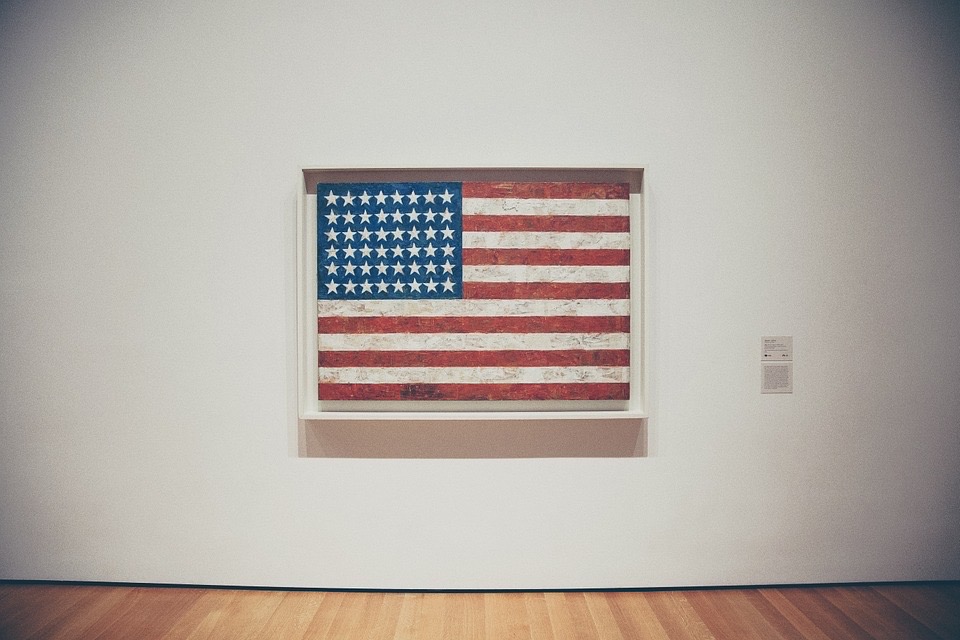On January 27th, President Trump indefinitely closed our borders to Syrian refugees and halted the immigration of residents of several Muslim countries into the U.S. In cities like LA, Chicago and New York, thousands took to their local airports in protest to show their solidarity with the detained and to let them know that they are welcome in this country. Big businesses like Lyft, Facebook and Google also responded to the ban.
Almost immediately after the ban was placed, the NY Taxi Workers Alliance issued a statement denouncing Trump’s order. Members of the Alliance participated in the demonstration that took place at New York’s JFK Airport, and even refused to service the airport during the demonstration. Lyft, a transportation company, also decided to show their objection to the ban.
In a statement released to their customers, the company wrote, “Banning people of a particular faith or creed, race or identity, sexuality or ethnicity from entering the U.S. is antithetical to both Lyft’s and the nation’s core values. We stand firmly against these actions, and will not be silent on issues that threaten the values of our community.”
The company went a step further and decided to donate to ACLU, the American Civil Liberties Union.
“We know this directly impacts many of our community members, their families, and friends. We stand with you, and are donating $1,000,000 over the next four years to the ACLU to defend our constitution,” the email read.
Uber, Lyfts biggest competitor, came under fire as they continued to give rides to and from airports. #DeleteUber quickly began trending on social media as people saw the move as a way for the company to profit financially while they could be protesting the unconstitutional ban. On January 4th, Uber’s chief executive Travis Kalanick stepped down from a position on President Donald Trump’s economic advisory council, saying his participation was being misinterpreted as an endorsement of Trump.
In a memo attained by Bloomberg News, Google’s CEO Sundar Pichai wrote to his employees, “It’s painful to see the personal cost of this executive order on our colleagues. We’ve always made our view on immigration issues known publicly and will continue to do so.”
The company recalled employees it thought might be affected. It then created a $4 million crisis fund to support immigration causes and released what many have viewed as a “sub doodle” on Monday. The company published a doodle celebrating immigrant rights activist Fred Korematsu, who was turned away from joining the US National Guard and Coast Guard during World War II because he was Japanese.
Some Google employees held protest rallies outside the company’s various offices around the world, posting to social media with the hashtag, #GooglersUnite.
Facebook’s Mark Zuckerberg released a statement in which he said, “We are a nation of immigrants, and we all benefit when the best and brightest from around the world can live, work and contribute here.”
The statements, donations, and strikes made by these companies has sent a strong message to both consumers and the Trump administration that this ban is unconstitutional and will not be tolerated.





